Abel López is associate producing director of GALA Hispanic Theatre and chair of Theatre Washington. He has also been member of the core faculty of the National Association of Latino Arts and Culture (NALAC) Leadership Institute and the NALAC Advocacy Institute. Jacqueline Flores is the Latinx Theatre Commons (LTC) producer and previously worked at Woolly Mammoth Theatre Company. These two Texans turned Washington, DC transplants sat down on a rainy morning for a conversation on their journey to the East coast, the impact of their mentors, and the importance of intergenerational dialogue.
Claim Your Culture, Find Your Power
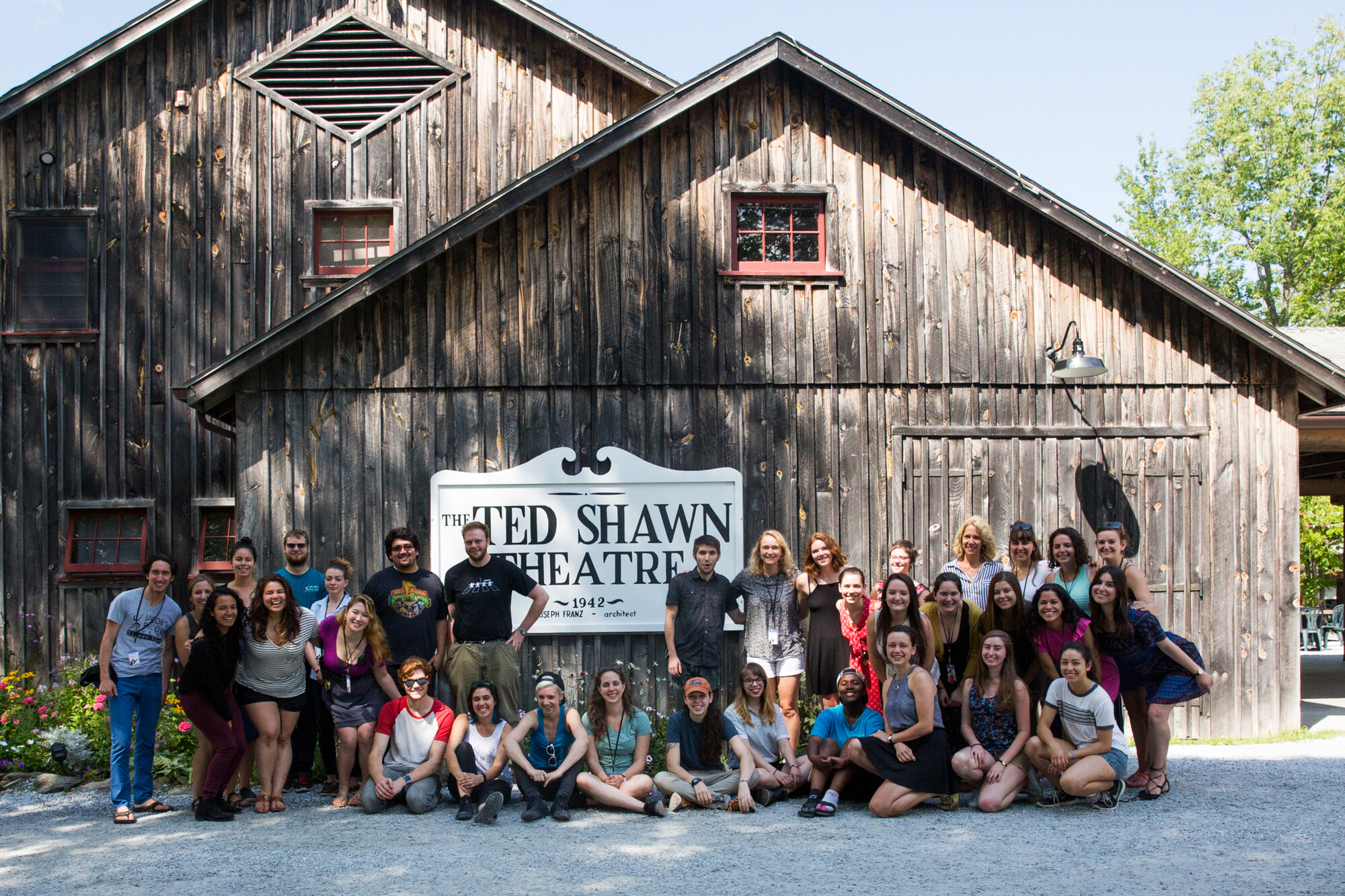
Jacqueline Flores with her intern cohort at Jacob's Pillow Dance Festival in 2016. Photo by Laura Warner.
Jacqueline Flores: I want to know more about how you got into theatre.
Abel López: I was born in Michigan and raised in a small Texas town of four hundred people, where many of the extracurricular activities I was involved with had to do with literature, competitions, and extemporaneous public speaking. We had an acting class, and I was always in the school plays. I grew up in the sixties, which was an era of sociopolitical turmoil, a lot of political change: the Vietnam War, the Kennedys and the idealism of the Kennedys. I wanted to go into public service, but I didn’t think of theatre or going to the arts as a vehicle for social change. I grew up thinking that I was going to be a lawyer.
I went to Texas A&M University—Kingsville and studied business. My senior year, I only needed one or two classes to graduate, so I could take anything I wanted for a full year. I took education, physics, French, and theatre classes. I would go to my theatre classes concerned that the business students would see me going to the theatre department because nobody knew that I was doing this.
I went to Harvard Law School. What was significant about my time there was not so much the legal studies; it was the environment. It’s in a large city, with lots of cultural activities for students to partake in. I would go to the symphony, the ballet, the theatre. None of it was Latinx. I didn’t know to look for it, actually, because that wasn’t my field.
Then I moved to Washington DC and practiced law. After two years in Washington, DC, I began to explore some of my other interests. I took a theatre class, and I was really bad. I mean, I was really bad. I would show up in my three-piece suit and think, “Okay, teach me how to act.”
It was the very first time that I was in an environment in which people were very secure with their cultural identity.
Then I went to an audition at GALA Hispanic Theatre. I went up some stairs, and there was someone taking information for the auditioners. The first question he asked me was, “Do you speak Spanish?” And I said, “No.” He said, “Then why are you doing here?” And I responded, “I’ve come to audition.” And he goes, “Do you know we do work in Spanish?” “Oh,” I said, “Well, I’d still like to audition.” I was cast as a character without lines, basically a spear carrier, moving furniture around between scenes.
It was the very first time that I was in an environment in which people were very secure with their cultural identity. It was a collection of artists who knew their cultures. They weren’t trying to become American. That was very new to me. So I stayed at GALA, and I hired a tutor to teach me Spanish. It was the place where I discovered that there was a whole new world out there that I was not a part of. In South Texas, you couldn’t even speak Spanish in the school that I went to unless you were in Spanish class.
Jacqueline: Yeah. That was true when I was in elementary school in Texas, too. I remember my teacher coming up to me one day—I guess I had been speaking Spanish with friends—and she was like, “You’re not allowed to speak Spanish.”
Abel: I worked part-time as a lawyer for several years until I began to work full time at GALA. At the same time, I was trying to get cast at English-language theatres. I would get to a point in the audition process when they’d say, “Well, we like what you did, but you’re just not right.” And I began to think, “Wait a minute, what’s not right about me?” And the only answer I could come up with was I didn’t look white. I had a Spanish name. I looked Latino. So there were no roles for me.
That wasn’t the same at GALA. If you didn’t speak the language, you couldn’t necessarily perform, so the access was different. But I could do something about that, and they weren’t making judgment based on the ability to create a character.
Jacqueline: Because Latinos can be anything, and we don’t have to fit under a specific stereotype.
Abel: Exactly. So, I never left.
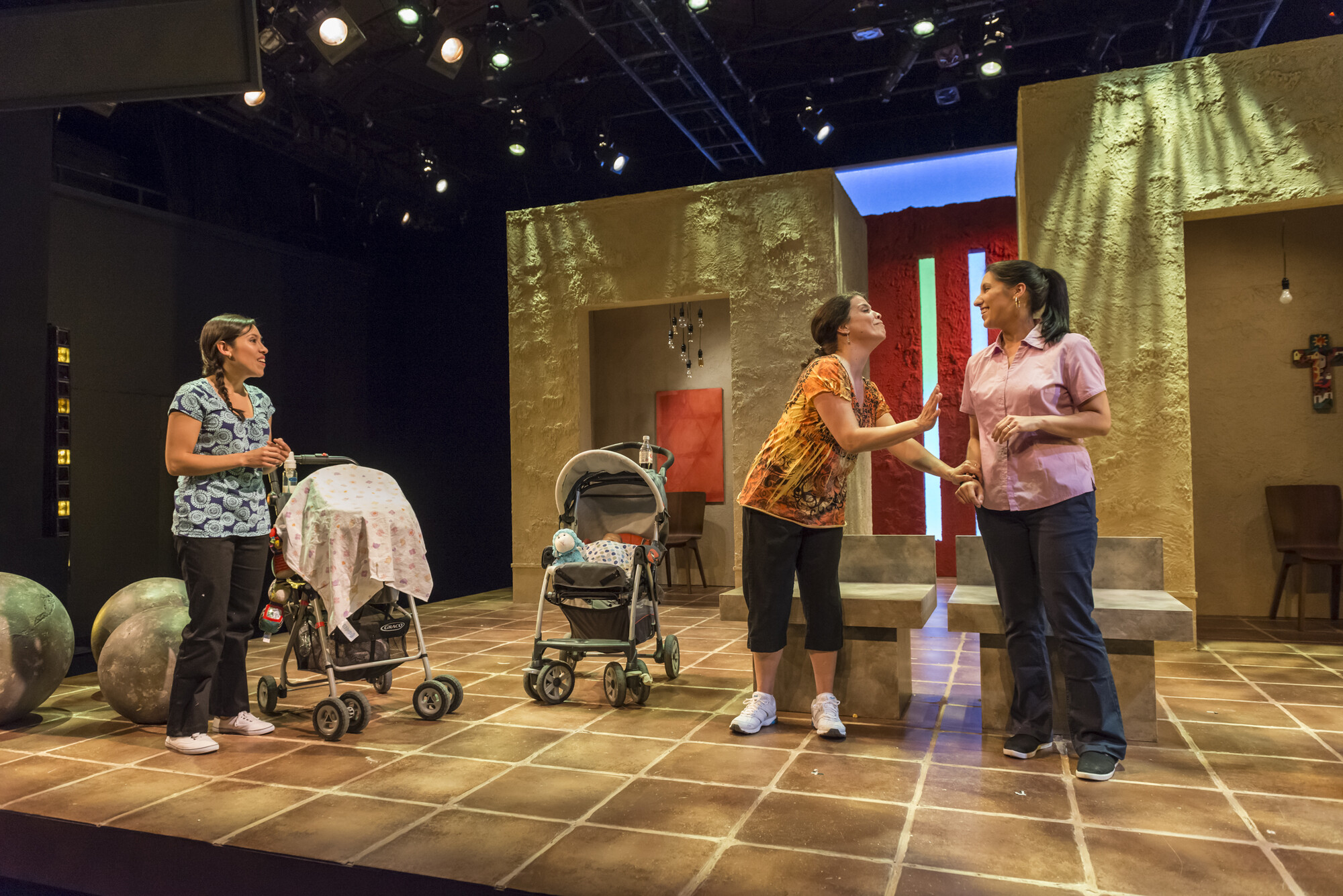
Belen Oyala-Rebaza, Lorena Sabogal, and Stephanie Garcia in Living Out by Lisa Loomer at GALA Hispanic Theatre. Directed by Abel López. Scenic design by Giorgas Tsappas. Lighting design by Cory Ryan Frank. Photo by Lonny Tague.
That first time I was offered a directing job at GALA, it created some friction in the company itself. They were mostly Latin Americans from South America who were working in the theatre, so they didn’t know much about United States Latinos. It was an opportunity for them to understand that I was part of a Latino culture within the diverse Latino cultures.
But I needed to find that culture, too. I was finding it through arts and theatre. As I became more involved in the theatre, I also started getting involved in the theatre community locally and nationally, and I got into advocacy work. I could see where the arts could create change in the community. I think that is one of the reasons why there’s so little that’s written about our communities: culture has so much power. If you give someone their sense of cultural identity, you can’t take it back. They have it forever.
Jacqueline: Then they’re unstoppable.
Abel: They’re unstoppable. You can lose your political power, social standing, or economic power, but you can’t ever lose your cultural identity once you claim it. That’s a very empowering statement and very threatening for people who are in positions of power.
Jacqueline: Agreed.
I love going to GALA because every time I go, everybody looks so different even though everybody is speaking Spanish. It’s a reminder that we’re not all the same. It’s just wonderful to have that space here in Washington, DC.
Abel: I became involved in theatre because I saw the importance of connecting with our culture through theatre.
Jacqueline: Yeah. Someone asked me once, “Why did you choose producing?” And I was like, “I honestly didn’t choose it.” I just saw these issues, and I wanted to be a part of changing them. It just happened to be producing that I fell into, but I could be doing anything else in the arts and trying to make this change. I really love it, and I’m so grateful to be a producer, but it wasn’t like I sought out to be a theatre producer.
Being here in Washington, DC, you found community at GALA, but then how did you find community on a national level?
Abel: It all started from my involvement at GALA, which led to my involvement in the regional Washington, DC arts community. One mayor appointed me to the DC Commission of the Arts and Humanities, and another appointed me chair. So, I became knowledgeable or aware of issues facing the whole arts area, while still focusing on theatre. I became the chair of the League of Washington Theatres, then Theatre Washington and Theatre Communications Group (TCG). Then, I started getting named to other national boards, and they tended to focus on Latino and arts organizations. At one time, I was on twenty-two boards.
Jacqueline: Oh, my goodness.
Abel: And chaired four boards at the same time.
Jacqueline: Wow.
If you give someone their sense of cultural identity, you can’t take it back. They have it forever.
Abel: It all started from that one climb up those stairs, wanting to be an actor. I never imagined that I would or could be involved at the national level in the arts. However, what I noticed was that there were few of us at the table.
I remember one of my very first panels at the National Endowment for the Arts. The chair kept turning to me when we got to the section about community engagement and saying, “Well, what do you think about the community engagement of this application?” I let it go for a while. Then the next time he asked me, I said, “Excuse me, why do you ask me every time about community engagement section, but you don’t ask me about finances or the artistic side? I’m just as capable of commenting on those areas, but you only ask me about community engagement.” They were pigeonholing me.
Jacqueline: Well, did he have a response?
Abel: He was so embarrassed. He didn’t do it again. It showed that they weren’t comfortable trying to include new voices. So, equity, diversity, and inclusion became a great part of my platform for the national level.
Jacqueline: Did you have any mentors through it?
Abel: Yes. On the artistic side locally, it’s both Hugo Medrano and Joy Zinoman, the founder of Studio Theatre. Having started a small theatre that became known nationally, Joy knew all about the aesthetic. Technical, and structural issues that arise in theatre. Hugo opened up this world of the Latino theatre that I knew nothing about, and he became an entry into that world for me. They both taught me how to listen and that you can’t break rules until you know them.
And in New York, Michael Moore, head of the theatre program at New York University (NYU), and his wife, Sharon Jensen, head of the Alliance for Inclusion in the Arts, both have been generous with their counsel and encouragement. At one time he talked to me about teaching at NYU, but I went back and said, “I’m not interested in a full-time teaching position, but I am interested in seminars.”
Actually, my business professor in college was a mentor to me. He was the very first person who ever asked me, “Well, what do you want to do?” I had to think about it. All I kept thinking about was enrolling in graduate school. He said, “No, no, I’m thinking long term. What do you want to do? Where do you see yourself?” He was the one who gave me a list of schools I should apply to.
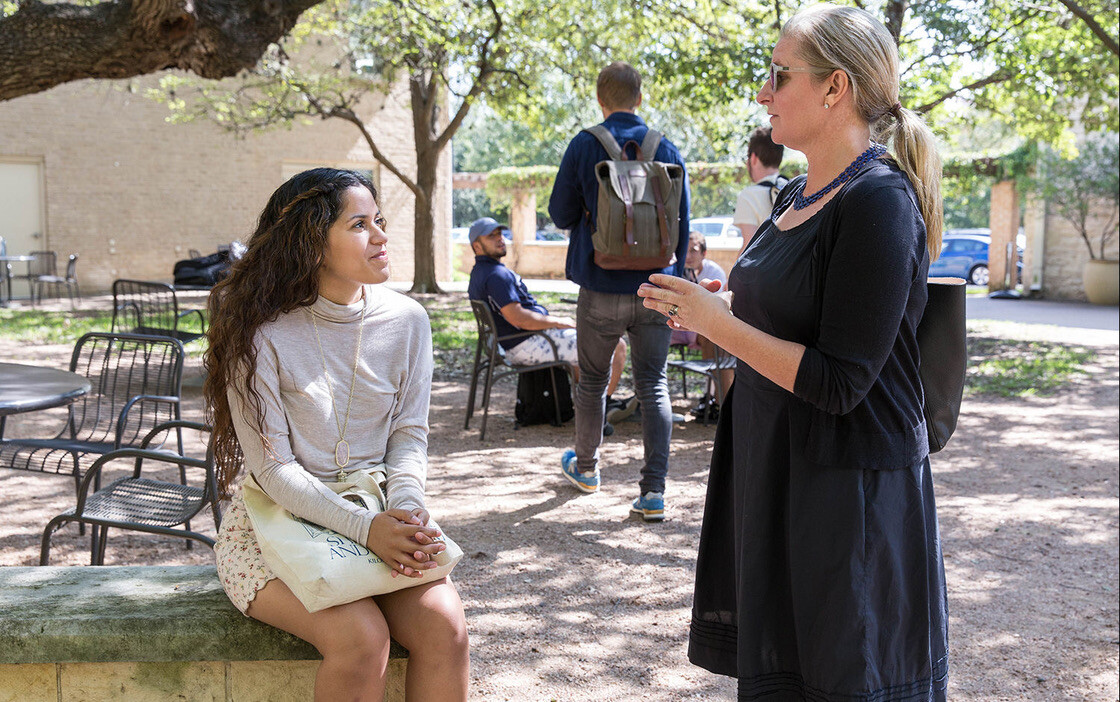
Jacqueline Flores and her fellowships director and mentor, Caroline Morris. Photo by Whitney Devin.
Jacqueline: I had a mentor like that. Being first generation and coming from a low-income family, I didn’t really think about what I wanted to do and what my goals were. One time, Caroline Morris, who was the fellowship director at my college asked me, “What do you want to do next?” And I said, “Rule the world, but that’s not really a thing.” And she was like, “No, it is a thing. How can we find opportunities for you to make change in the area that you’re interested in?” Because of her, I felt like I could have an internship at the Public Theater and Jacobs Pillow Dance Festival, places where I never imagined myself working.
Abel: Exactly.
Jacqueline: Before that, I didn’t see myself in those positions. Like your professor, she allowed me to see myself in positions where I often didn’t see people who looked like me.
Abel: That’s why I think intergenerational conversations are so important.
Jacqueline: As you’re talking about doing all the work you’ve done, I’m wondering if there’s anything you gave up because of your career.
It’s not about being recognized; It’s about laying the foundation for somebody to build on.
Abel: Yeah. I think my career came at the expense of personal relationships, not professional relationships. Some of the professional relationships have become personal. But there’s something about facing the question: “Who do I turn to in the middle of the night when something goes wrong?” Now that I have Parkinson’s Disease, I think about it often. Am I going to be able to get up to walk? Who do I call? I realize that those I would reach out to are those who I have met through my professional activities. The individuals I would call are those who I have met through my professional activities. My personal relationships have suffered.
And it’s not that I’m lonely, but that I appreciate family and friends even more now.
Jacqueline: Would you do it again?
Abel: In a minute.
Jacqueline: I love that.
Abel: Because it has made me a better person. It has made me more empathetic, more critical of why I do things. It’s not about being recognized; It’s about laying the foundation for somebody to build on. So I would do it again in a minute. Now, I would do things differently, so the balance would be different, but I wouldn’t change why I do it.
Jacqueline: So there have been all these teatro movements over the years: El Teatro Nacional de Aztlán (TENAZ), Teatro Festival, Latino Theatre Initiative, the Public Theater Latino Festival, and then the Latinx Theatre Commons (LTC). How you think these movements have learned from each other and built on that learning over the years?
Abel: The early movements built on each other. I’m not sure that the latter ones have done so, except the LTC. Those earlier groups and festivals, they were creating a sense of identity and camaraderie within the group and an infrastructure for the field, which is something that the LTC did again. But after we established our theatres, there was the hard work of sustaining our organizations. Others were drawn back to pursing their personal goals, and the momentum to connect, take collective action, and develop new generations of leader diminished.
I think the intergenerational connection we built into this Latinx Leaders at the Forefront series is a part of saying that we can’t think of it as a process of succession, but one of a continuum, and the continuum means that one movement will connect to another movement and will inform the next. But we have to be intentional.
Jacqueline: Speaking of intergenerational conversations, what advice do you have for the next generation? What advice do you have for me as I’m starting this work?
Abel: If you find the joy in it, you can put up with the rest. And once you establish your north star, don’t deviate from that north star. What is it that drives you? You won’t be able to do it all at one time, but the long course is important. Be kind to yourself. Do it because you want to, not because you have to. And be curious, be curious. Eventually, it leads to your own voice.
I’m hopeful.
Jacqueline: I’m also optimistic. I’m hopeful.
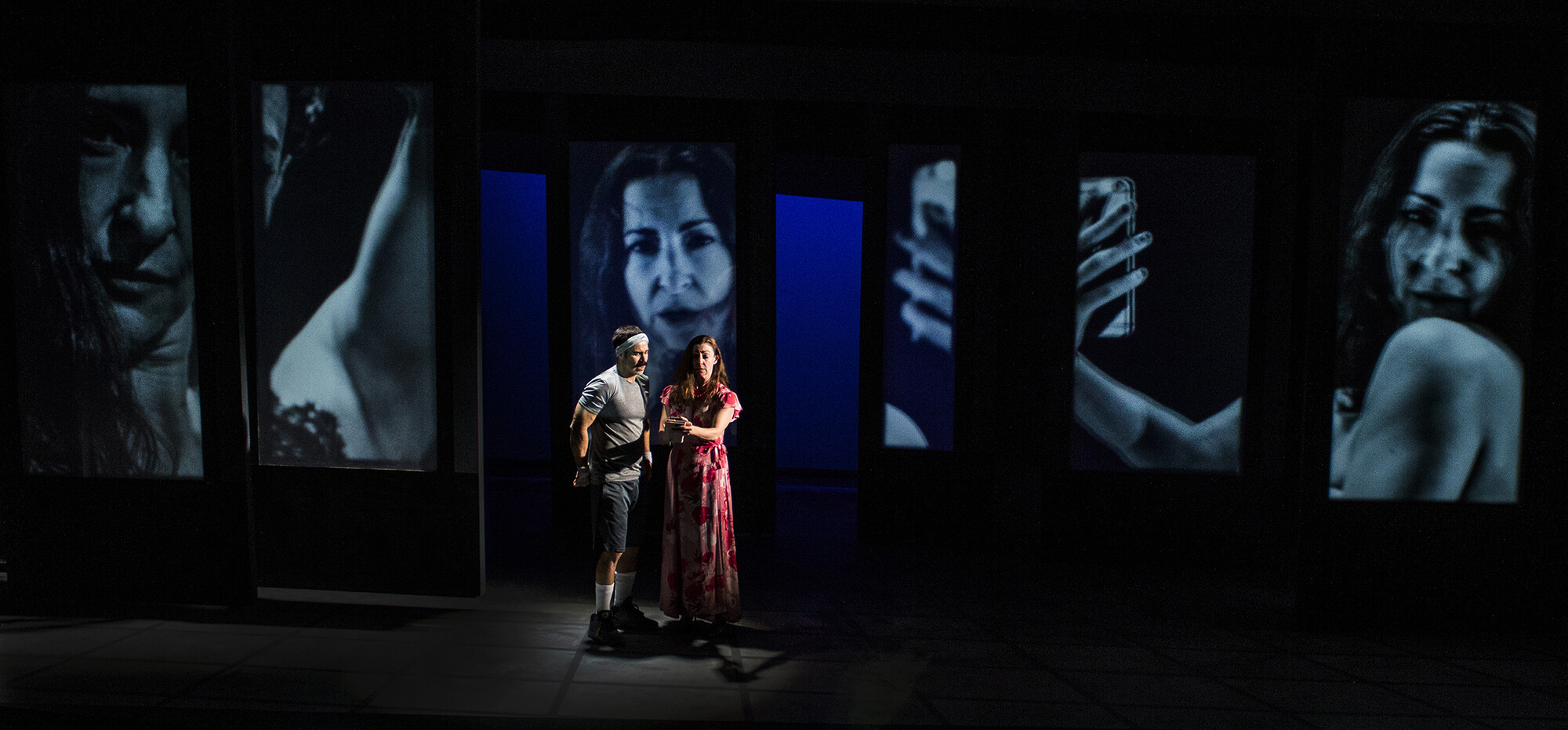
Carlos Castillo and Luz Nicholas in La Foto by Gustavo Ott at GALA Hispanic Theatre. Directed by Abel López. Scenic design by Jessica Cancino. Lighting design by Chris Annas Lee. Photos by Chris Annas Lee.
Abel: And what would you tell me, my generation?
Jacqueline: Thank you. Thank you for paving this path. When I think about the people being the first “X” to achieve certain things, I can’t wait until we don’t have to be the first anything anymore. I wouldn’t be here today without that.
Abel: One thing that we need to still examine is impact. With immigration, people come here with culture and traditions. They’re adding to the country, not taking away. They don’t come here to change it; they come to add something to it. That’s why I think Latinx theatre and culture is so important now. It’s not only defining what the culture is, it’s shaping it.
Jacqueline: I have one more question. What do you want people to remember you for?
Abel: I don’t know. It’s funny, it reminds me of something that I think about every now and then. I think of my tombstone and what it might say, “He came. He lived. He was here for a moment.” I’m not sure that it’s about remembering me. It’s about remembering a period where change occurred for the better. I just happened to be there at that time. The important thing is that the change happened, not who did it.
Jacqueline: There’s so much power in a group of people coming together and choosing to work to make change.
Abel: We all play different roles in creating that change. It wasn’t like one person did it. Even the great orators and leaders, I mean, it was the movement that they created that changed the world. They were the catalyst for change and they were important, but there were also people who carried out that vision, carried out those dreams.
Jacqueline: I love that.
Abel: Yeah. That’s it. Thank you.
Jacqueline: Thank you.

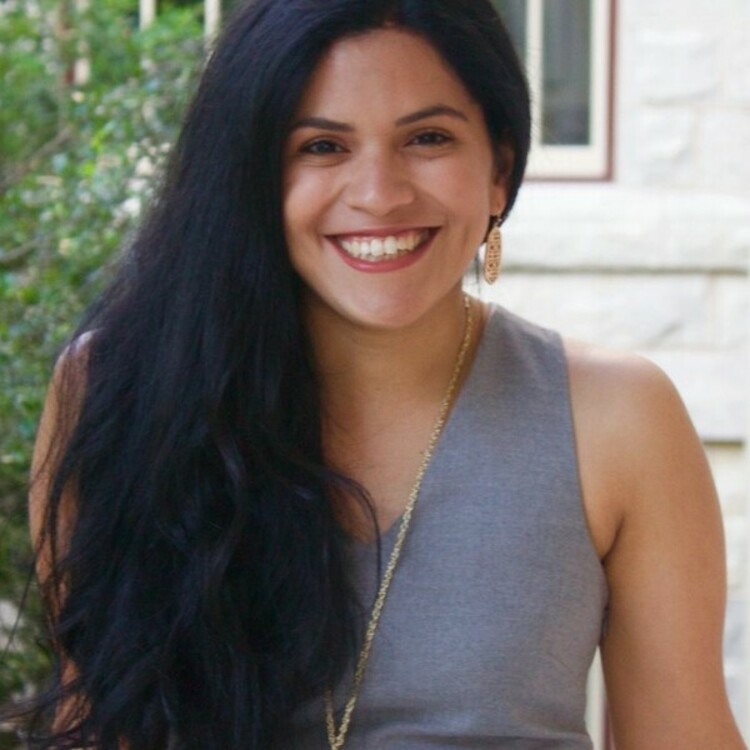
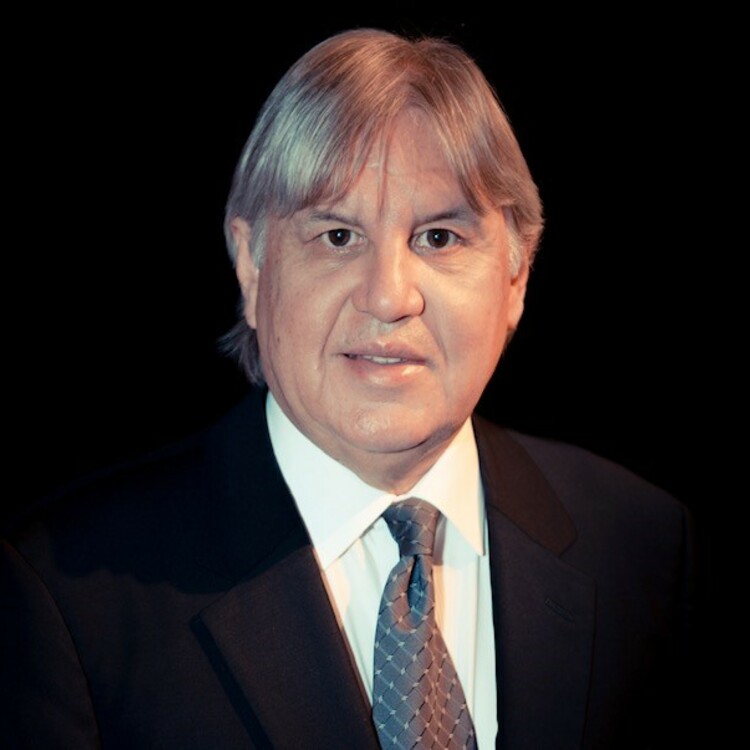
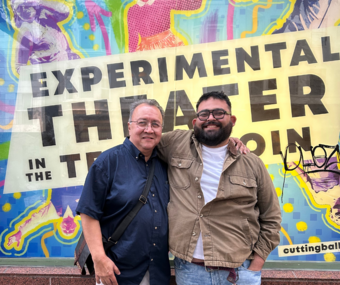


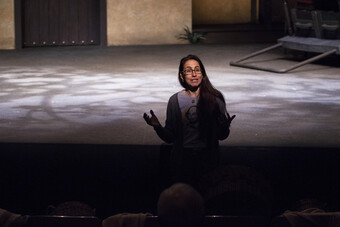


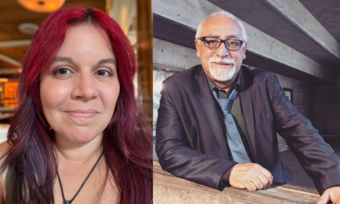


Comments
The article is just the start of the conversation—we want to know what you think about this subject, too! HowlRound is a space for knowledge-sharing, and we welcome spirited, thoughtful, and on-topic dialogue. Find our full comments policy here
So appreciate this conversation, Abel & Jacqueline! Revelations and resonances...